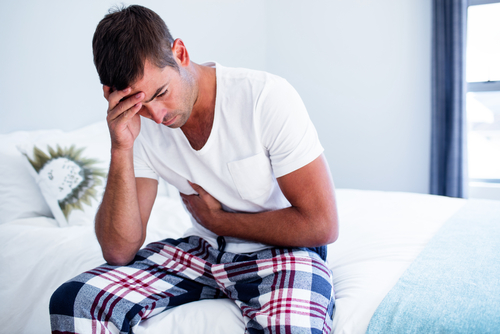Alcohol-related liver disease (ARLD) is caused by damage to the liver from years of excessive drinking. Years of alcohol abuse can cause the liver to become inflamed and swollen. This damage can also cause scarring known as cirrhosis. Cirrhosis is the final stage of liver disease.
Eventually, 10 to 15 percent of heavy alcohol drinkers will develop ARLD. Heavy drinking is classified as eight or more alcoholic beverages per week for women, and more than 15 for men. According to alcoholrehab.com, Filipinos are the second highest consumers of alcohol in Southeast Asia (Indonesians are first).


